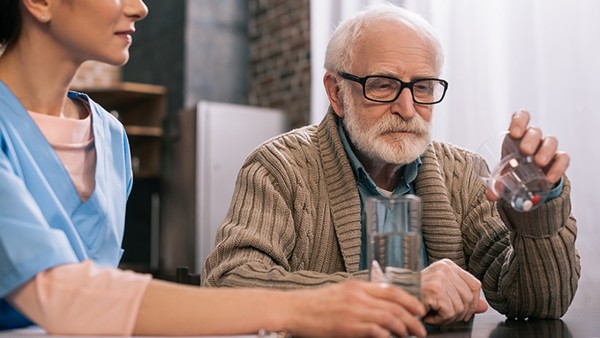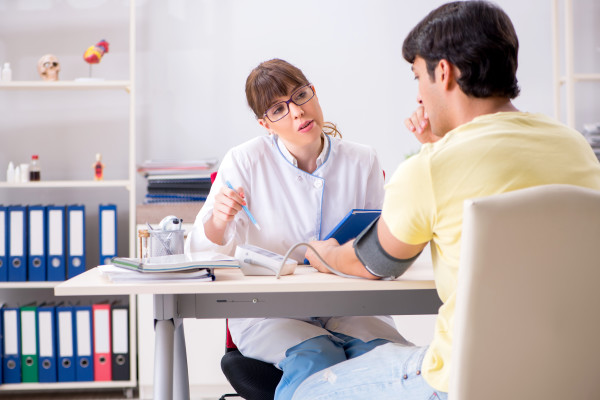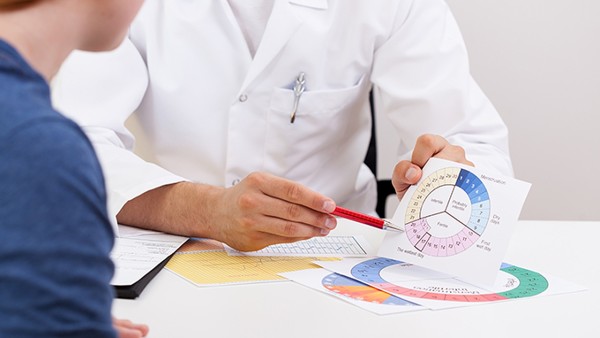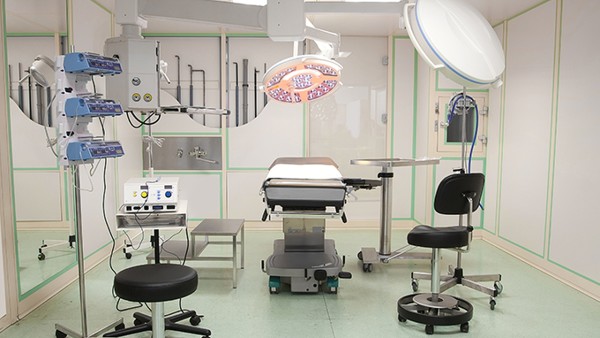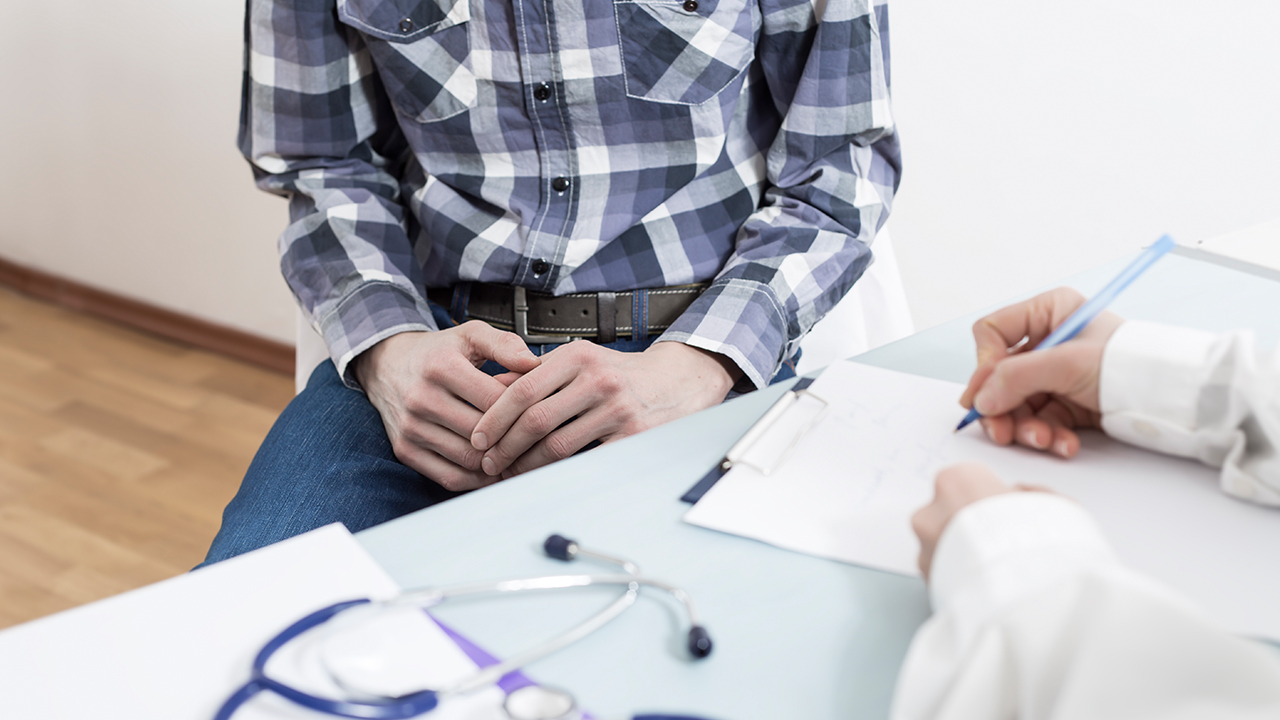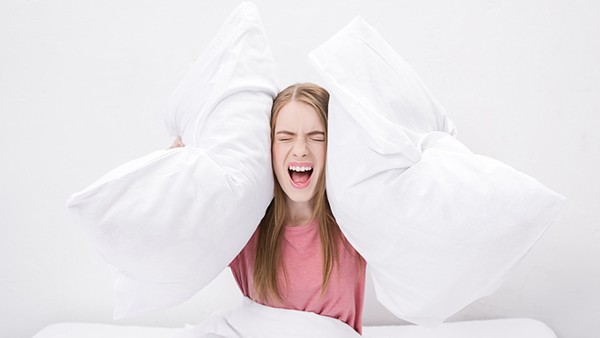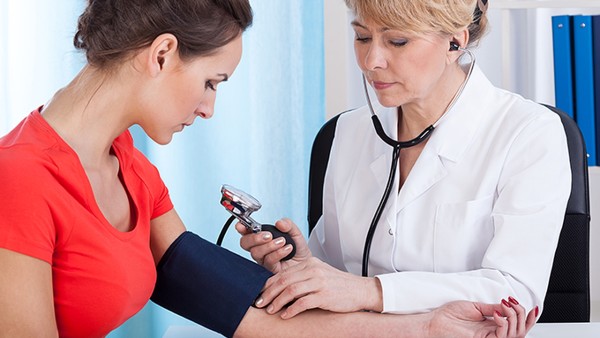Be Careful of Hiccups When Feeding After Crying

Hiccups are a common occurrence in babies, and they can be especially bothersome when they happen during feedings. Hiccups are caused by a sudden contraction of the diaphragm, which is the muscle that separates the chest cavity from the abdominal cavity. This contraction causes the vocal cords to snap shut, which produces the characteristic "hic" sound.
Hiccups are usually harmless, but they can be uncomfortable for babies. They can also make it difficult for babies to feed, as the sudden contractions can interrupt their sucking rhythm.
Why Do Babies Get Hiccups After Crying?
There are several reasons why babies may get hiccups after crying. One reason is that crying can irritate the diaphragm, causing it to contract more frequently. Another reason is that crying can cause babies to swallow air, which can also lead to hiccups.
How to Prevent Hiccups When Feeding After Crying
There are several things you can do to help prevent hiccups when feeding your baby after crying:
Burp your baby frequently. Burping your baby helps to release any trapped air that may be causing hiccups.
Feed your baby in an upright position. This helps to keep your baby's head elevated, which can help to prevent air from being swallowed.
Use a slow-flow nipple. A slow-flow nipple can help to prevent your baby from swallowing too much air.
Take breaks during feedings. If your baby starts to hiccup, stop feeding and try to burp them.
How to Treat Hiccups
If your baby does get hiccups during a feeding, there are several things you can do to try to stop them:
Give your baby a drink of water. The water can help to soothe the diaphragm and stop the hiccups.
Massage your baby's back. Gently massaging your baby's back can help to relax the diaphragm and stop the hiccups.
Swing your baby. Swinging your baby can help to relax them and stop the hiccups.
Offer your baby a pacifier. Sucking on a pacifier can help to soothe the diaphragm and stop the hiccups.
Hiccups are usually harmless, but they can be uncomfortable for babies. By following these tips, you can help to prevent and treat hiccups when feeding your baby after crying.
Hiccups and Colic
Colic is a common condition in babies that causes them to cry excessively. Colic is often associated with hiccups, as the crying can irritate the diaphragm and cause it to contract more frequently.
If your baby has colic, there are several things you can do to help relieve their symptoms, including:
Burp your baby frequently. Burping your baby helps to release any trapped air that may be causing colic.
Feed your baby in an upright position. This helps to keep your baby's head elevated, which can help to prevent air from being swallowed.
Use a slow-flow nipple. A slow-flow nipple can help to prevent your baby from swallowing too much air.
Take breaks during feedings. If your baby starts to cry, stop feeding and try to burp them.
Massage your baby's back. Gently massaging your baby's back can help to relax them and relieve colic.
Swing your baby. Swinging your baby can help to relax them and relieve colic.
Offer your baby a pacifier. Sucking on a pacifier can help to soothe your baby and relieve colic.
If your baby's colic is severe, you may want to talk to your doctor about medication or other treatments.
Hiccups and Other Medical Conditions
In rare cases, hiccups can be a sign of a more serious medical condition. If your baby's hiccups are severe or persistent, or if they are accompanied by other symptoms, such as fever, vomiting, or diarrhea, you should see a doctor right away.
Some of the medical conditions that can cause hiccups include:
Gastroesophageal reflux disease (GERD)
Hiatal hernia
Pneumonia
Meningitis
Brain tumors
If you are concerned about your baby's hiccups, it is important to see a doctor right away to rule out any underlying medical conditions.
The above is all the content that the editor wants to share with you. I sincerely hope that these contents can bring some help to your life and health, and I also wish that your life will be happier and happier.
Topic: #of #hiccups #be- • Detailed explanation of the causes of neonatal hypoxic-ischemic encephalopathy
- • Four major causes of frigidity among new mothers after giving birth!
- • Main symptoms of pulmonary tuberculosis in children
- • Four sequelae of caesarean section mothers
- • The smell of armpit sweat is not body odor but body odor
